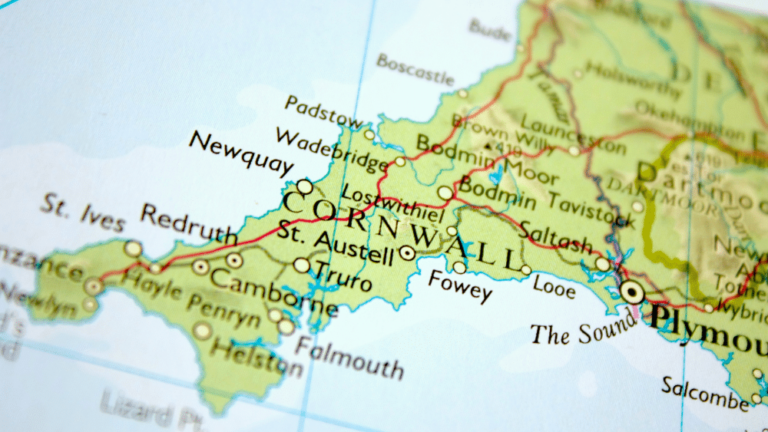
Brexit – Customs Origin
What is Origin?
Origin determines the economic nationality of a good and is not the same as ‘shipped from’. Origin is declared in the Customs declaration (C88) and is required for every import and export movement. It is used for statistical purposes and can result in a reduction or increase in any import duties payable. There are two types: preferential and non-preferential origin.
Non-Preferential Origin
Non-Preferential Origin is the mandatory baseline origin of a good for the purposes of international trade. It is stated on customs paperwork to assist statistical monitoring of trade and allows the implementation of restrictions and measures to control unfavourable flows of goods. Non-Preferential origin can be used to determine whether any of the following apply:
Quotas, Anti-Dumping Duties, Trade Control Licences, Labelling, Prohibitions, Certification etc.
Non-Preferential Rules of Origin
In general, Non-Preferential Origin is determined by the location where the goods were:
Wholly Obtained:
e.g. Excavated Minerals, Cultivated Crops, Livestock grown in a single country etc.
OR
Underwent their ‘last substantial processing’
The processing operation must represent a significant point in the manufacture of the goods. The processing operations must not be any of the legally defined minimal operations and must not be contrived for purpose of avoiding a trade measure.
Minimal operations can never confer origin and include repackaging, painting, decoration, maintenance and simple assembly. Occasionally a country may implement more specific non-preferential ‘list rules’ (tests that need to be met) for certain items.
Example: You purchase goods from China and re-box them in the UK. The origin of the goods remains China if you subsequently export them.
Preferential Origin
Preferential origin allows access to trade benefits (e.g. entry at reduced or nil duty) for goods traded between countries which have signed a bilateral Free Trade Agreement (FTA). The rules and criteria for meeting preferential origin are stricter than non-preferential origin, meaning that a good may have a non-preferential origin of one country and a preferential origin in another.
Preferential Rules of Origin
Preferential origin also uses the concept of wholly obtained goods, substantial processing and minimal operations. Rules of Preferential Origin are typically defined in a ‘list rules’ section in the annex of a FTA. Preferential rules of origin vary between trade agreements and typically apply to a specific commodity code heading (i.e. The first four digits) or product description. The rules typically involve one or a combination of the following:
Change of Tariff Classification: When the processing of a good results in a change of classification. A common example may be a change of Tariff Heading.
Ad Valorem: This type of test looks at relative values of inputs and the final sale. A typical test examines the percentage value of non-originating material used in a product in comparison to its ex-works (factory gate) price.
Specific Processing: A very specific processing operation must take place.
Proof of Origin
The procedure for proving preferential origin can vary depending on the specific FTA. In general, the two options are:
- Providing a Certificate of Origin
This typically involves contacting a local chamber of commerce who will assess the origin criteria and charge for issuing the certificate. The certificate required will be determined by the trade agreement. - Self-Assessment
Many agreements have clauses that allow Proof of Origin to be provided by including an origin declaration statement on the commercial invoice or other commercial documentation. The text of the statement is defined in the trade agreement and replaces the need for a certificate. For shipments over £5,700 in value, you will typically need authorisation from HMRC to make the statement.
If you sell factored product (bought and sold with no value added), you can ask suppliers to provide you with a document known as a long-term supplier declaration, which will allow you to confirm the origin status of the item.
Origin from 1 January 2021
UK businesses will need to prove UK preferential origin if they wish EU customers to benefit from any future trade agreement. Any business currently proving origin or claiming preferential duty at import will need to confirm a UK-only continuity or replacement agreement is available for the country which they are currently dealing with and benefiting from an existing FTA.










